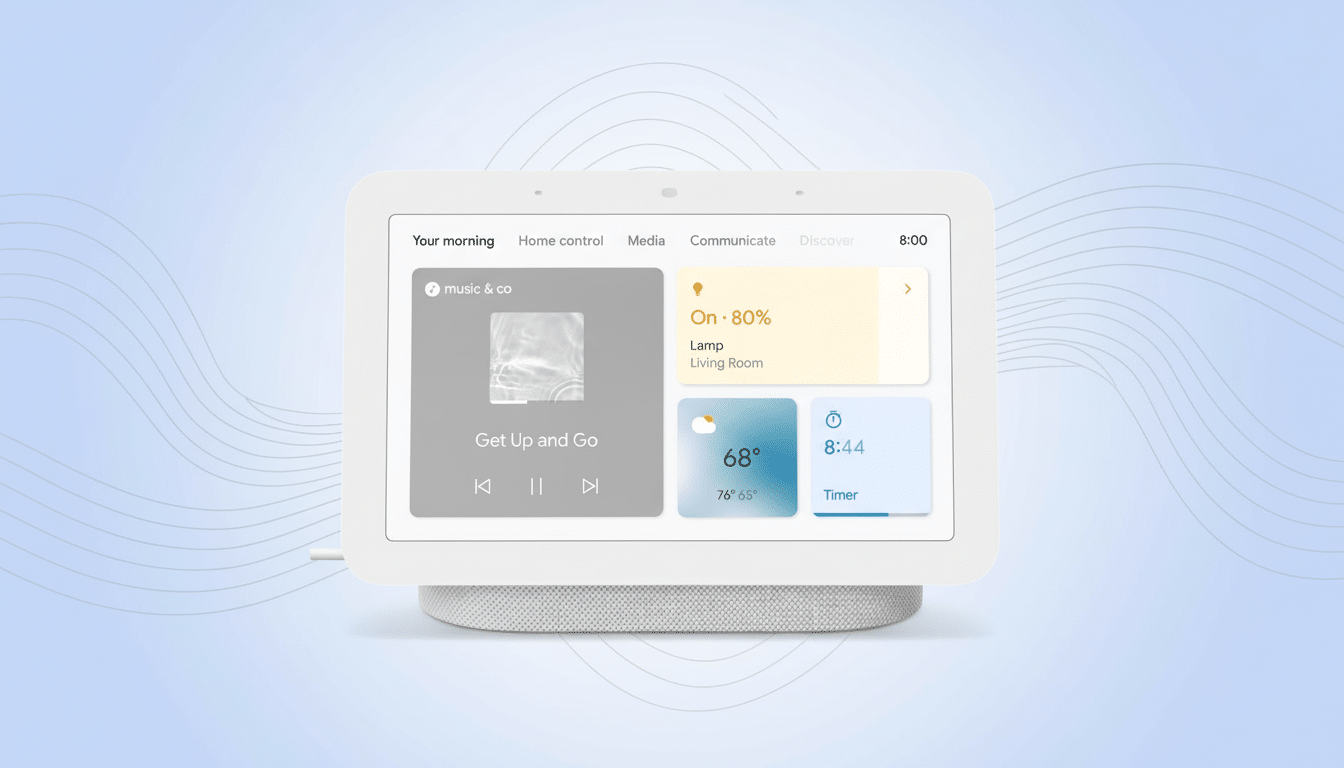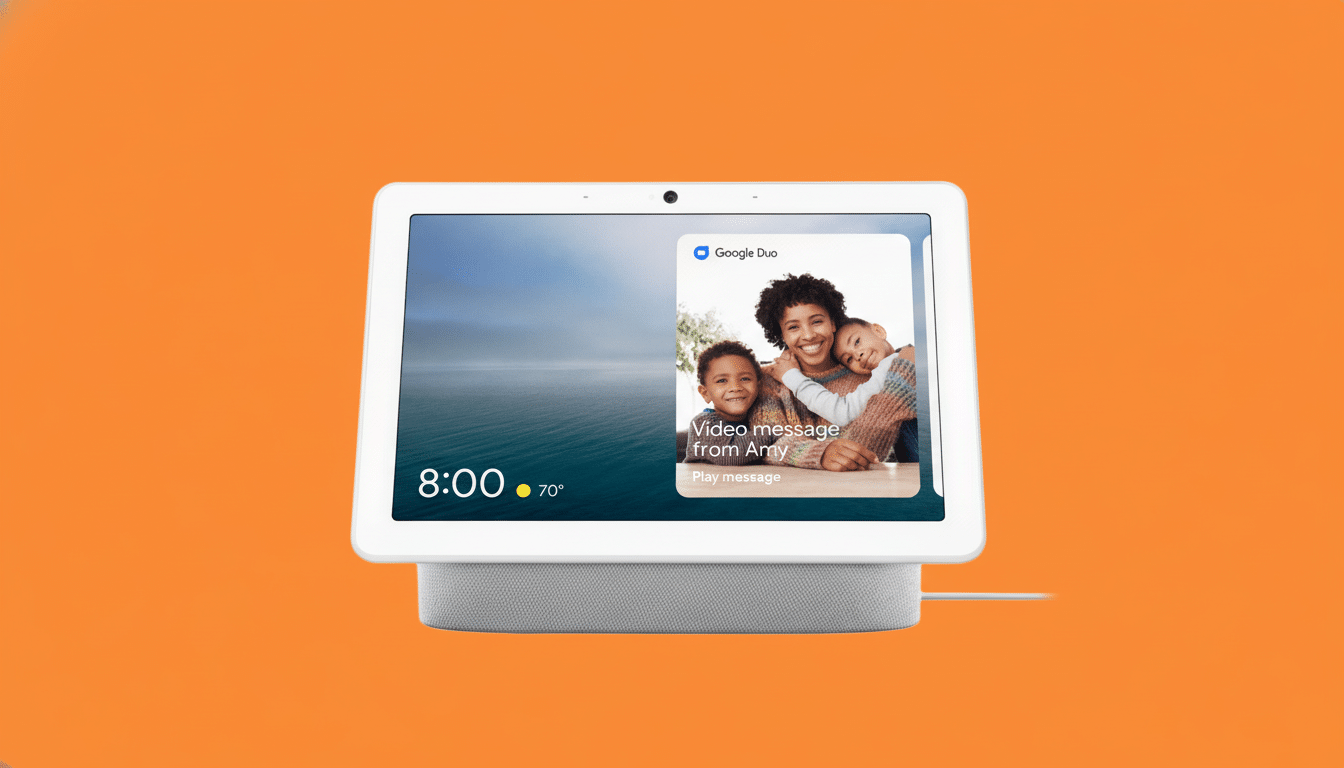Users report reliability declines and inconsistent responses
While Google shoves Gemini into our living rooms and kitchens, a growing number of Google Home users have increasingly expressed that the new “AI paint” hides a more significant source of problems: everyday dependency. Old speaker and screen owners have used community forums and support threads to report once-reliable gadgets that no longer understand basic instructions, send music to the incorrect room, and mix up beginners, corroding faith in a platform that was once thought to be wholly impermeable.
Reliability has fallen, according to users — there’s an image pattern. Briefing. “Reddit has the two largest Google Home groups, and begin does not work as expected” has repeated itself inside these communities for months. The same instruction must be given many times before lights respond; steps incorrectly placed in timers, music playing in a space, not the lines, and growing intricate notes, says Michele Tan. The sunflower undefined collaborates in contents undefined from the reporters’ undefined unfamiliar device.
- Users report reliability declines and inconsistent responses
- Gemini rollout praised for chat but core issues persist
- Technical causes include Home Graph drift and duplicates
- Home Graph drift causes device mapping mistakes
- Entity resolution struggles with duplicate device names
- Matter bridges and multi-user setups add complexity
- Concrete steps users want to improve smart home reliability
- Market data shows reliability outweighs flashy AI features

Hundreds of responses have a widespread geographical and device basis, varying from Nest Minis up to Nest Hubs. Many commodity soldiers’ articles look open like write-off letters to the community. Abode’s president listed a full evening-gesture simulation that previously appeared when you simply uttered words and today displays “+” and peer-apps to send after several failures. Both those who have been through a hand glove claim that the same voice focus changes every hour of the same day.
Gemini rollout praised for chat but core issues persist
These aren’t niche edge cases. DownDetector has shown recurring spikes for Google services when voice control issues flare up, and support forums are filled with similar accounts. Yet in a year when smart home platforms are supposed to simplify your life, many owners say they’re spending more time troubleshooting than they are enjoying the same conveniences they paid for: Google is in the middle of rolling out Gemini for Home.
The company positions the large language model as the successor to the classic Assistant experience. Some early users report that conversation feels more natural and context handling more normalized. But the core grievances — turning lights on and off, setting household timers, syncing multi-room audio — aren’t automatically fixed by better chit-chat. Google has acknowledged reliability concerns in community posts, and its product leaders previously pointed to a wave of fall updates that are supposed to stabilize the experience. But many users argue that those promises have been overshadowed by the Gemini push. The frustration here is less the shift in features than the perception that long-standing bugs have been papered over rather than fixed; reliability comes from a few deeply unglamorous subsystems.
Technical causes include Home Graph drift and duplicates
Home Graph drift causes device mapping mistakes
First, there’s the Home Graph — the database that maps device names, rooms, and user preferences. When Home Graph “drifts” after firmware updates or the occasional account change, assistants misinterpret which lamp or speaker you meant.
Entity resolution struggles with duplicate device names
Second, there’s entity resolution. If you have three devices named “Kitchen” across different brands or protocols, the platform has to unambiguously pick the right one every time.

Matter bridges and multi-user setups add complexity
The rapid adoption of Matter is promising, but it’s also created a situation where devices can be exposed via multiple bridges — I’ve got Wi‑Fi and Thread bridges, for example — introducing duplicate endpoints. When that happens, routines randomly fail and don’t fail, and adding multi-user households with voice profiles, permissions, and in many cases, the same default services, along with multi-user households as well, and having music or an alarm or a list misroute somewhere down the line is the perfect storm.
Even asking for music to play gets complicated when the assistant has to arbitrate between distinct services like YouTube Music and Spotify; map a playlist name to the account that created it; and choose an output group — a speaker or display, for example. If any of those lookups time out or return multiple results, the assistant has to guess, and users experience that guess as randomness, especially when they set up the same thing twice and sometimes it takes and sometimes it doesn’t.
Concrete steps users want to improve smart home reliability
Reliability is something that can’t be improved via AI demos; power users and integrators have named a few concrete steps that could be made as soon as possible:
- A “Home status” page needs to be public so real-time incident report readouts start being made.
- “Local-first” execution should be policy for lights, locks, and plugs wherever possible, to avoid the network.
- Devices and room names with duplicate names need to be “aggressively deduplicated” in the Home app.
- Spiral development should not continue, and there has to be a hard requirement that Gemini achieve feature parity with Assistant, fast, before forced migrations begin.
- A dedicated bug-bash cycle for high-frequency tasks is needed, with timers, music, routines, and lists part of that — and a reliability scorecard, too.
- Smart home gear doesn’t get replaced like phones, and brands have to commit to how long they’ll support their hardware and signal API endpoint lifetime stability to third parties.
Smart home is where the market is going, and it’s a winnable war.
Market data shows reliability outweighs flashy AI features
CIRP’s analysts have regularly found Amazon’s Echo with about a two-to-one advantage over Google in U.S. smart speaker installed base. Parks Associates and other studies indicate the same thing — consumers pick reliability and device compatibility over “new AI features.” Overall, trust is what grows. That is not to mean that Gemini is a worthless investment in the long run for Google Home — particularly for more difficult multi-step questions. But the urgent message to owners is clear: rather than launching an update, developers reinforce the muscle memory of natural voice control. If the lights come on i

